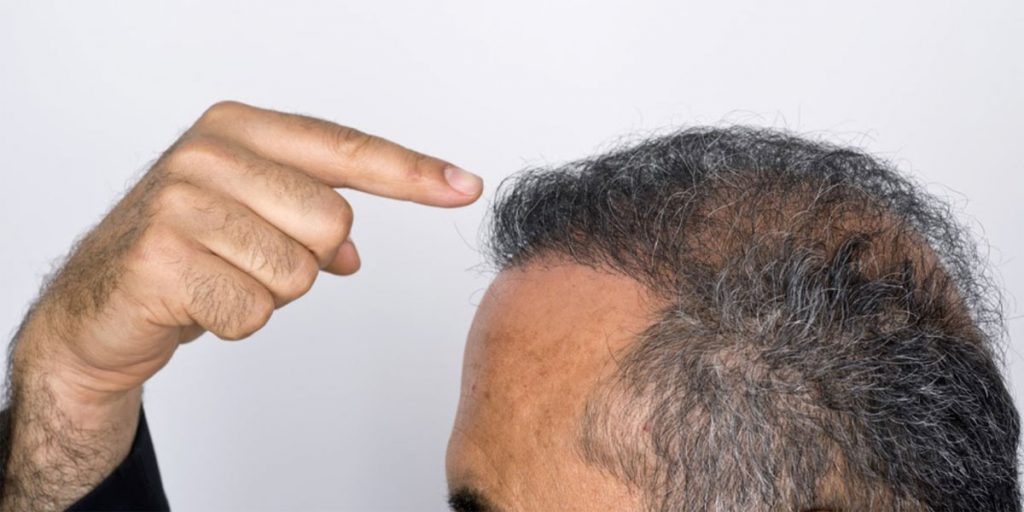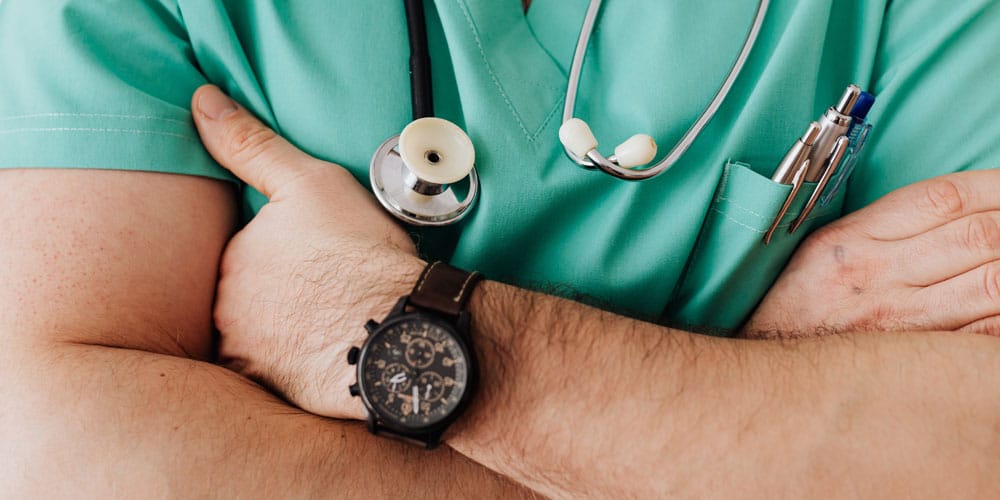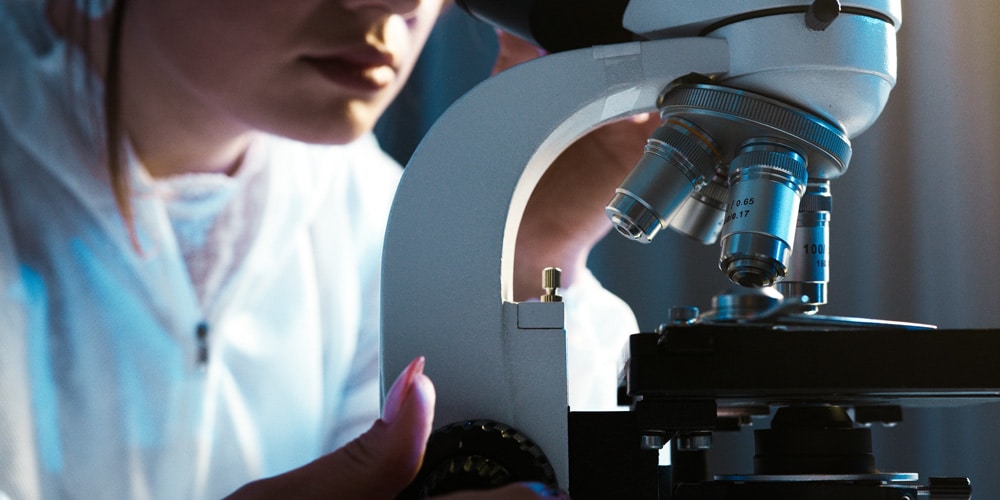Hair loss - Page 3
Understand everything there is to know about hair fall, find out why it's not inevitable and what you can do about it.
What treatments are effective for hair regrowth?
There are a number of natural and drug-based solutions and treatments for baldness, to stimulate effective hair regrowth in men and women.Tips and solutions for thinning hair in women
Thinning hair doesn't have to be a fatality for women. Discover several solutions to make your hair denser and stop hair loss!Alopecia: causes, consequences and solutions
Whether it's just temporary hair loss or a more permanent phenomenon, alopecia is often a concern for men and women alike. What causes it? What can be done about it?Wearing a helmet and hair loss
Question from Patrick B. For my work, I've had to wear a helmet for several hours a day for the last 2 years. I never had any particular problems with my hair before. Now I have the impression that my hair gets greasy quicker...Which pill should I choose for my hair?
Question from Charlotte P. How do I know if the contraceptive pill I'm taking is good or bad for my hair? Clauderer answer If you don't have an androgenetic tendency to lose your hair, it's a safe bet that you...The Mirena IUD and hair loss
Question by Albertine P. Could the Mirena IUD be the cause of my hair loss? I had the IUD fitted at the beginning of the year and was delighted not to have to take the pill every day...Minoxidil and hair loss
Key facts: A few words on the origin of the use of minoxidil to combat hair loss: Minoxidil is included in both lists. It is therefore considered to be both a "medicinal product the use of which...Does levothyrox cause hair loss?
Question by Véronique N. 2 years ago, my doctor discovered that I was hypothyroid, which explained my abnormal hair loss, among other symptoms. Since then, I've been taking Levothyrox. My thyroid balance has been difficult to...Androgens and hair loss
Question by Lucien B. What is DHT and what does it have to do with hair loss and androgen hormones? Clauderer Answer DHT (dihydrotestosterone) is a hormone in the androgen family. The secretion of this hormone...Replacing the Diane 35 pill and hair loss
Question from Aliette M. I read your file on androgenetic hair loss because I've been suffering from this type of hair loss myself for many years. I used to take the Diane 35 pill, which limited the damage. But in 2013...Treating the three vital functions of hair
Clauderer treatments rebalance the hair's three vital functions to prevent hair loss, particularly in women. The birth and development of hair (keratinisation) depend on three vital functions: Elimination - Circulation - Regeneration. If...How can I stop my hair from falling out?
First of all, find out exactly what your symptoms are! How can you defeat an enemy if you don't know exactly who he is? And even if you're sure that the trigger for your hair loss is stress,...Androgenetic scalps: new findings to combat hair loss
Until recently, we were unable to identify precisely the negative information that androgens transmit to hair follicles. We could only observe the symptoms (described below). Since then, researchers have been able to identify a number of molecules...Natural treatments for hair loss: Clauderer's choice
Are you suffering from hair loss? Is your hair falling out? Is your hair thinning? Is your hair getting thinner? Of all the solutions available to combat hair loss effectively, you, like more and more men and women, are looking for...Medication and hair loss in women
Hair loss caused by medical treatments has become increasingly common over the last 50 years. Chemical substances arrive directly via the bloodstream at the level of the hair follicle, where the hair's keratin is manufactured. When they...Too acidic a diet and hair loss
Today, our diet tends to favour acidic substances to the detriment of basic (alkaline) substances. This imbalance can have a negative influence on the health of our hair, sometimes even leading to hair loss. If your hair mass...Hair colouring and hair loss
The answer is NO! And here's why: colouring products are only applied to the length of the hair, they don't penetrate under the scalp, where...Hair loss due to pulling or trichotillomania
There are usually two types of traction alopecia: one is caused by a certain type of hairstyle, the other is the result of bad habits (in children) and/or a behavioural disorder called trichotillomania (from the Greek for "hair" and "pulling"). Like its...Chemotherapy and hair loss
Hair grows back gradually after chemotherapy. With a little patience and a few tricks to keep the scalp healthy, it's possible to regain beautiful, healthy hair.Alopecia areata and hair loss
SYMPTOMS OF HAIR LOSS HAIR LOSS BY PLATES Fortunately, this is the most common form of hair loss, because it is also the most easily cured. It is defined by sudden hair loss, in isolated areas of the scalp, and by the appearance of...Vitamin D and hair loss
What you need to know Discoveries about vitamin D Vitamin D used to be strictly confined to its role as a bone growth factor, but its scope has now been considerably broadened and it is the subject of wide-ranging research. It...Diabetes and hair loss
In the case of unbalanced diabetes, some people suffer from diffuse hair loss. Few diabetologists are concerned about this symptom, which is not vital and which they regard as a "cosmetic" sign of the disease. But for...Hair loss and thyroid problems
1° THE THYROID IN A NUTSHELL The thyroid gland, which is located at the base of the front of the neck and weighs only 20 to 30 grams, is little known to the general public (except for those to whom it plays tricks)....Iron deficiency and hair loss
♦ Iron is vital for the nutrition and oxygenation of the hair's reproductive cells.♦ A settled iron deficiency can lead to thinner, brittle hair and diffuse, continuous hair loss.♦ Nearly half...
























